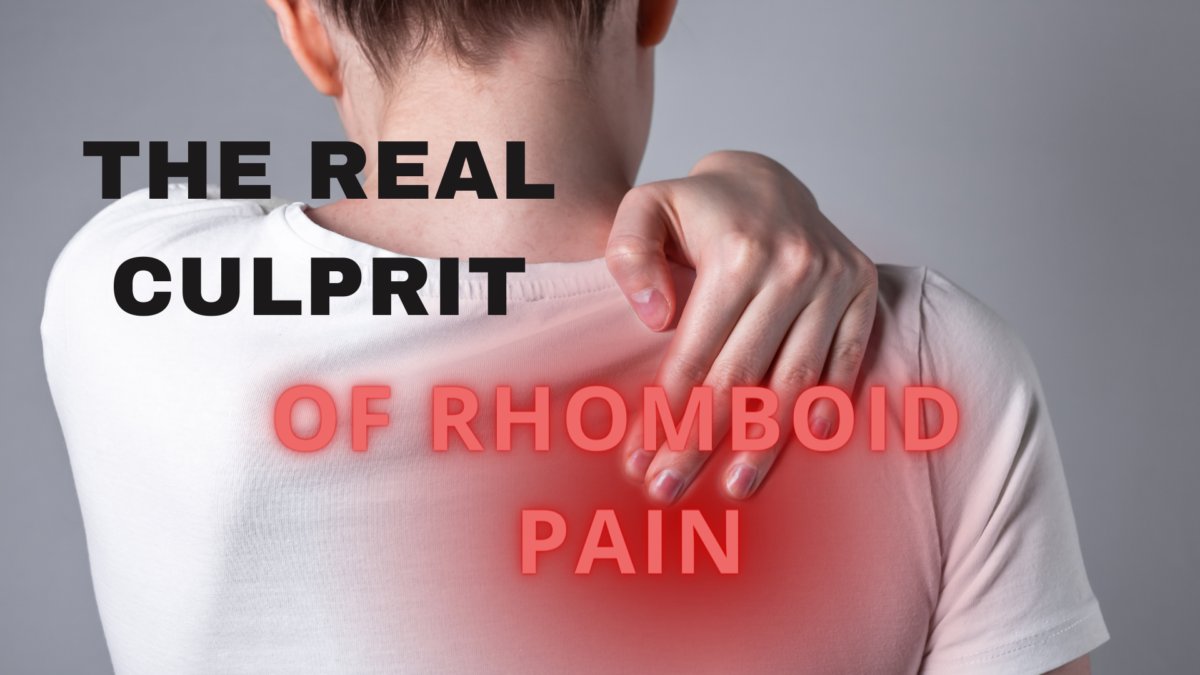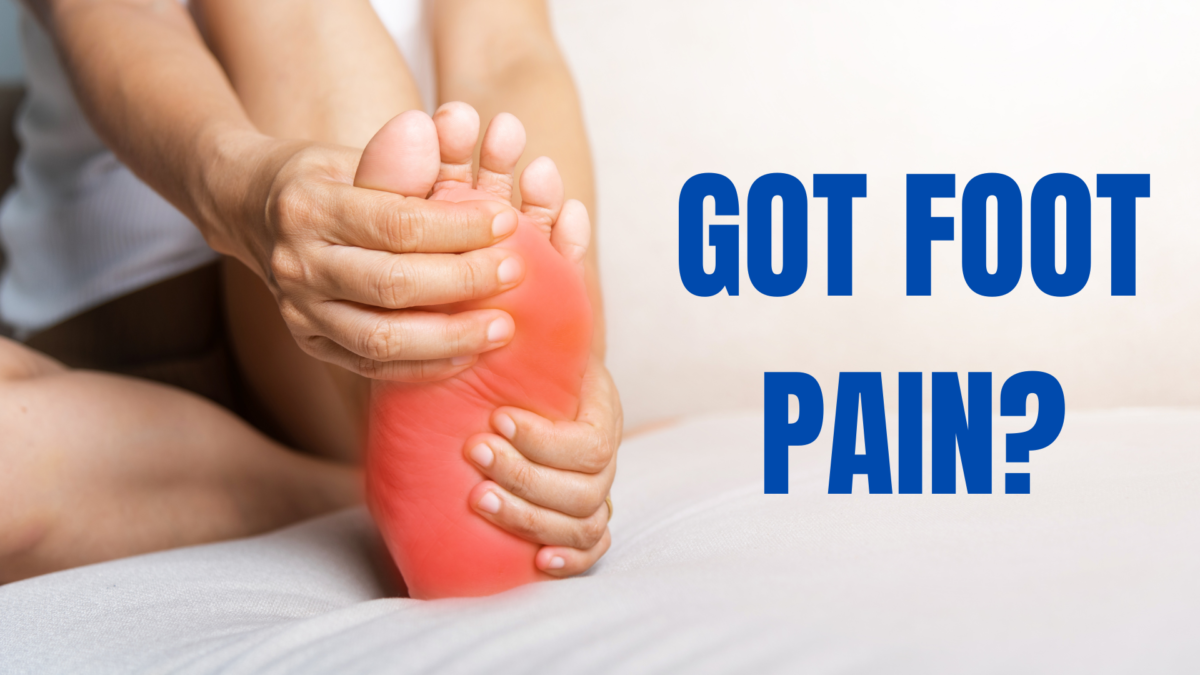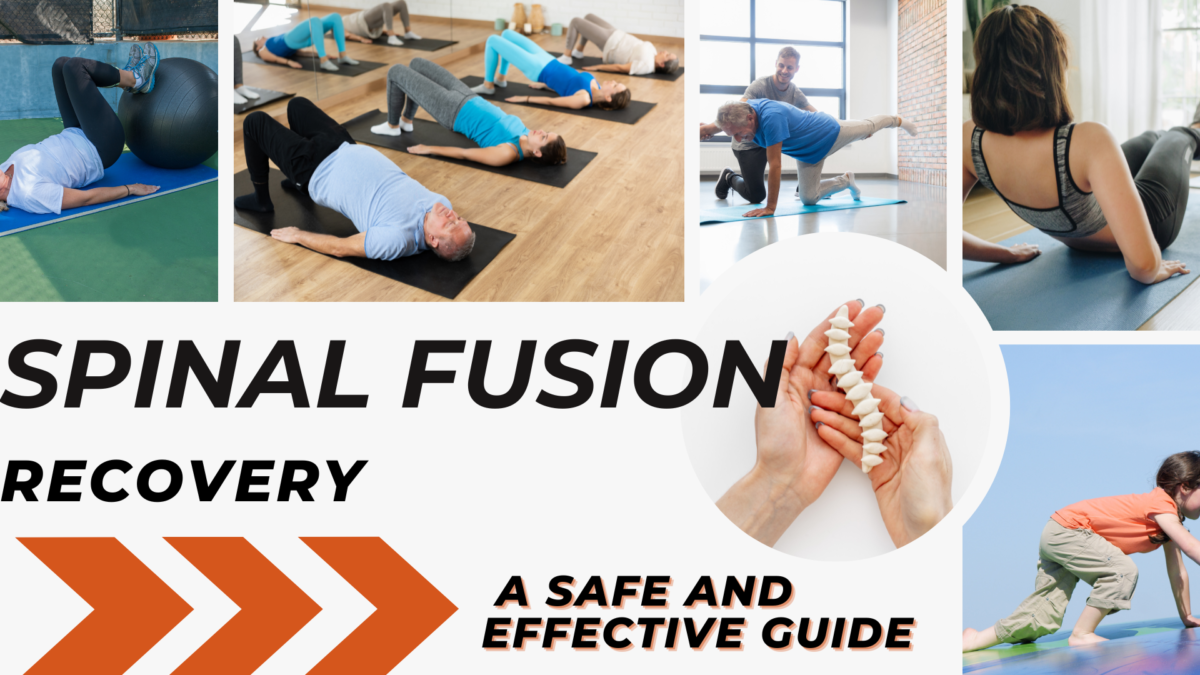Dealing with persistent pain between the shoulder blades is something that can disrupt your day, making concentration at work a challenge, turning driving into a struggle, and even triggering headaches that leave you wanting to lie down. Many people mistakenly attribute this discomfort to a tight muscle in their upper back, often pointing to the rhomboid muscles.
People try rubbing, massaging, cupping, and putting hot towels on it, but rarely does that work.
More often than not, the culprit isn’t a muscle issue but rather a stiff joint where the ribs meet the spine, known as the costo-vertebral joint. This joint irritation then affects the overlaying rhomboid muscle, contributing to the pain.
While a quick massage of the rhomboid might provide temporary relief, it doesn’t address the underlying issue. To truly beat the pain, focusing on getting the ribs and spine moving is crucial. With this in mind, I’ve created a series of simple exercises designed to target and remedy the root cause, facilitating joint mobility and relieving tension in the upper back muscles, including the rhomboids.
These exercises do many differing things but aim to:
- Mobilize the Upper Back: By engaging in specific movements, you can promote mobility in the upper back, targeting the costo-vertebral joint and allowing for greater freedom of movement.
- Lengthen the Scapulothoracic Joint and Traction for the Neck: Addressing the scapulothoracic joint and loosening muscles that connect the scapular to the neck is crucial for relieving tension in the neck. These exercises focus on lengthening and providing traction to this mobile area, promoting a healthier and more comfortable range of motion.
- Improve Flexion and Extension in the Spine: Enhancing flexibility in the spine is a vital component of these exercises. By incorporating controlled movements as you breathe, you’ll work towards improved flexion and extension, fostering a more resilient and adaptable upper back.
- Pulling Up and Rotating the Ribs: Targeting the ribs, these exercises use the muscles to both pull up on and rotate the ribs. These movements stretch the shoulders front and back and mobilize the costo-vertebra joints, contributing to overall relief.
If you’ve been grappling with persistent pain between the shoulder blades, it’s time to shift your focus from mere muscle massage to addressing the root cause. The video shows you simple yet effective exercises that are designed to break the cycle of discomfort by promoting joint mobility and releasing tension in the upper back: no more nagging upper back pain, just a more mobile back and better posture.
As you may know I help people recover from illness and injury using a combination of specific movements and lifestyle medicine. If you want to see if I can help you, we can jump on a call to find out. Simply go to the contact page, message me, and I’ll get back to you as soon as possible.



